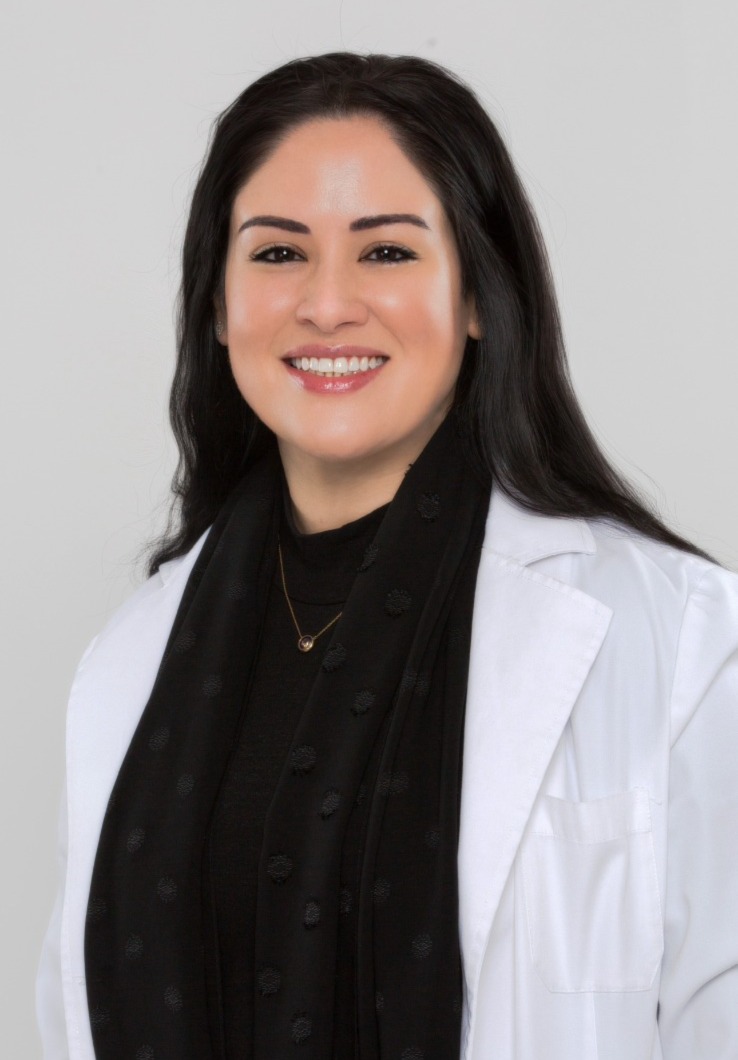The integration of Tele-ICU services across Saudi Arabia, driven by Dr. Amera Rahmatullah, Consultant in Pulmonary & Critical Care at King Faisal Specialist Hospital & Research Centre (KFSHRC), has ushered in a new era of critical care. While the initiative received widespread attention for its innovative use of telemedicine, the full impact was far-reaching, especially in extending healthcare access to rural regions.
Under Dr. Rahmatullah’s leadership, KFSHRC’s Critical Care Medicine (CCM) Department manages a wide range of specialized units, including surgical and organ transplant, medical and oncology units, and COVID-19 units. With a total bed capacity of 67 beds, these units admit over 4,000 patients annually, supported by 24/7 consultant coverage and highly trained multidisciplinary teams of physicians, nurses, respiratory therapists, and allied health professionals.
Recognising the need to extend its specialized care beyond hospital walls, the Tele-ICU program was launched in 2010, initially to reduce patient transfers and ensure remote communities had access to critical care expertise. During the COVID-19 pandemic, it expanded rapidly, becoming a lifeline for managing critically ill patients. Today, the Tele-ICU network provides real-time ICU support across the Kingdom, ensuring high-quality care nationwide.
In an exclusive interview, Dr. Rahmatullah described how telemedicine’s role at KFSHRC has gone beyond the pandemic. “Our Tele-ICU initiative has transformed critical care in Saudi Arabia by bridging the gap between urban and rural healthcare. This WHO-accredited program has reduced unnecessary hospital transfers, improved patient outcomes, and provided timely interventions in remote areas, offering seamless, high-quality care across the Kingdom,” she explained. This initiative is part of KFSHRC’s broader nationwide strategy to expand critical care services.
As the Director of the Critical Care Medicine Residency Program, Dr Rahmatullah has been instrumental in shaping the future of Saudi Arabia’s critical care workforce. She trains residents across various ICUs and equips them with the technical and leadership skills to manage the Kingdom’s most complex cases. Under her leadership, the residency program has become a key pipeline for future specialists, ensuring that KFSHRC remains at the forefront of healthcare education and innovation.
Dr Rahmatullah’s involvement in the COVI-PRONE trial, an innovative research initiative aimed at improving outcomes for COVID-19 patients in intensive care, underscores her commitment to clinical excellence and research. Managing the trial during the height of the pandemic while balancing her responsibilities as a clinician and mentor reflects her resilience and leadership during one of the most challenging times for global healthcare.
A strong advocate for innovation, Dr Rahmatullah’s contributions to telemedicine, AI, and precision medicine in an intensive care setting continue to advance patient care across Saudi Arabia.

COMMENTS